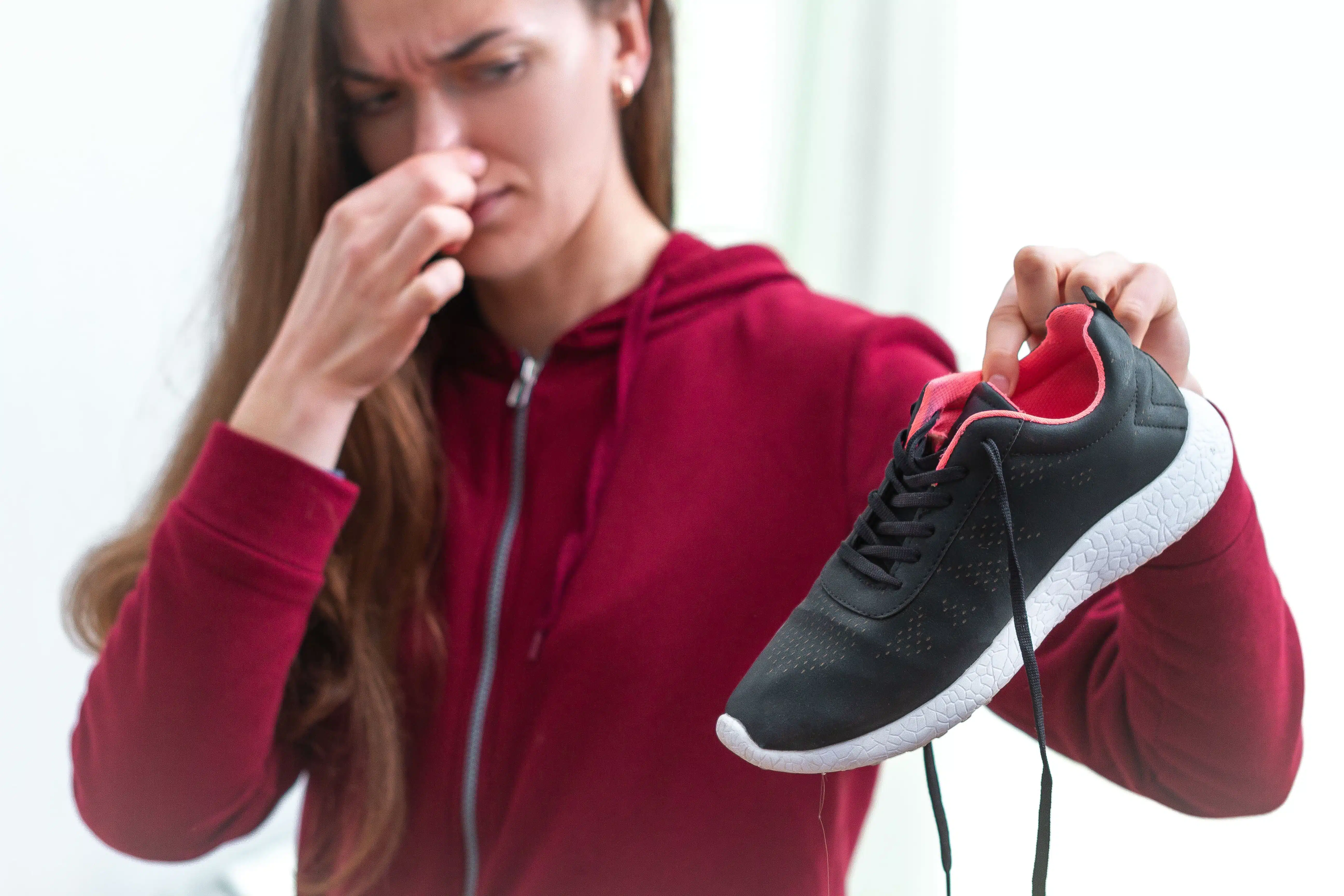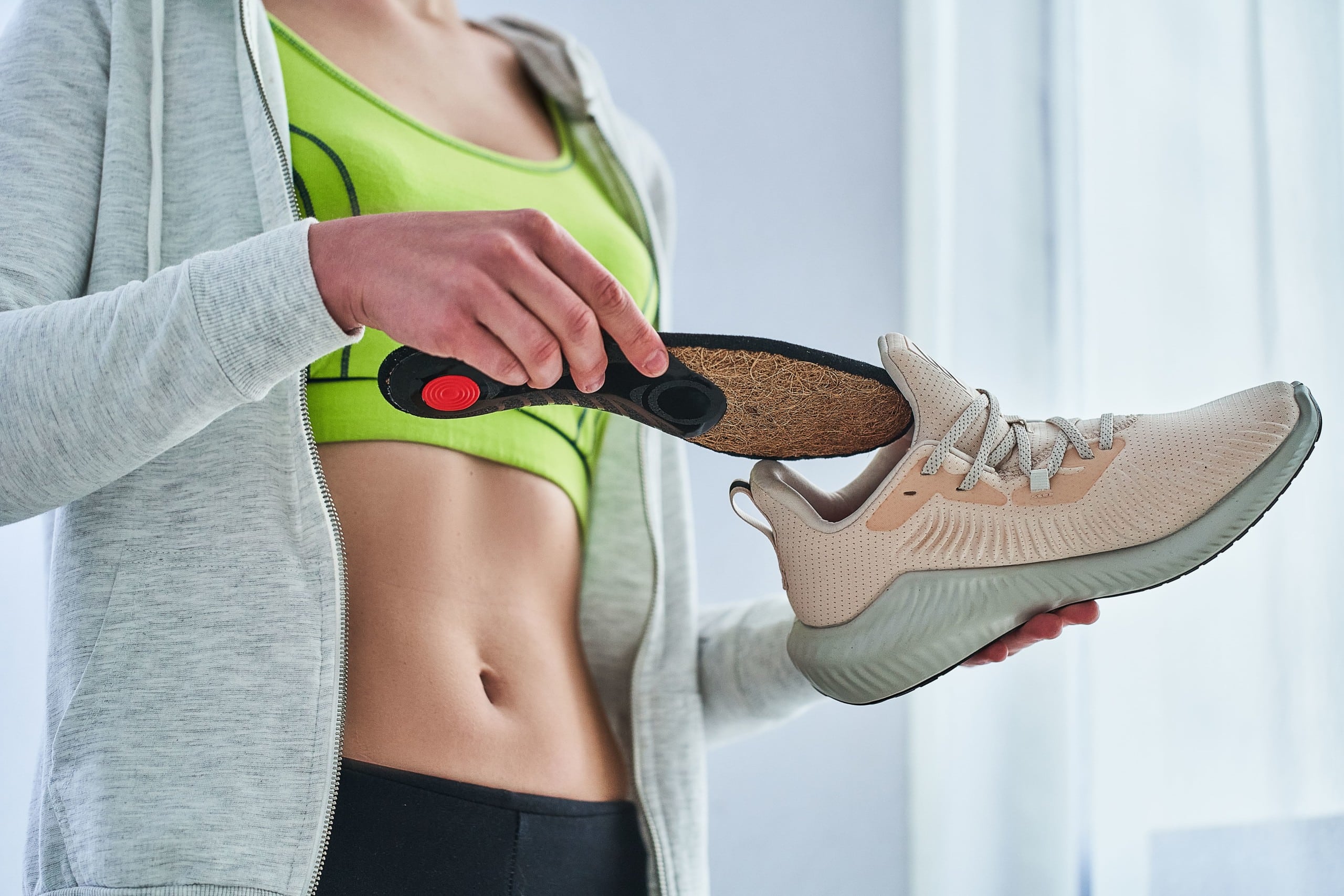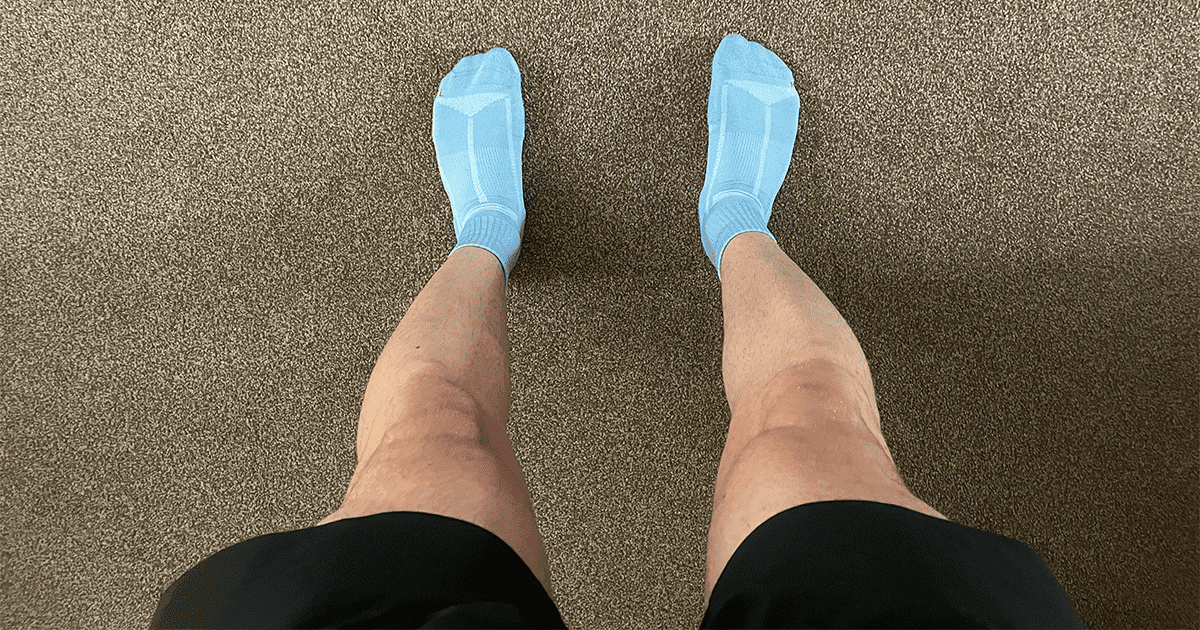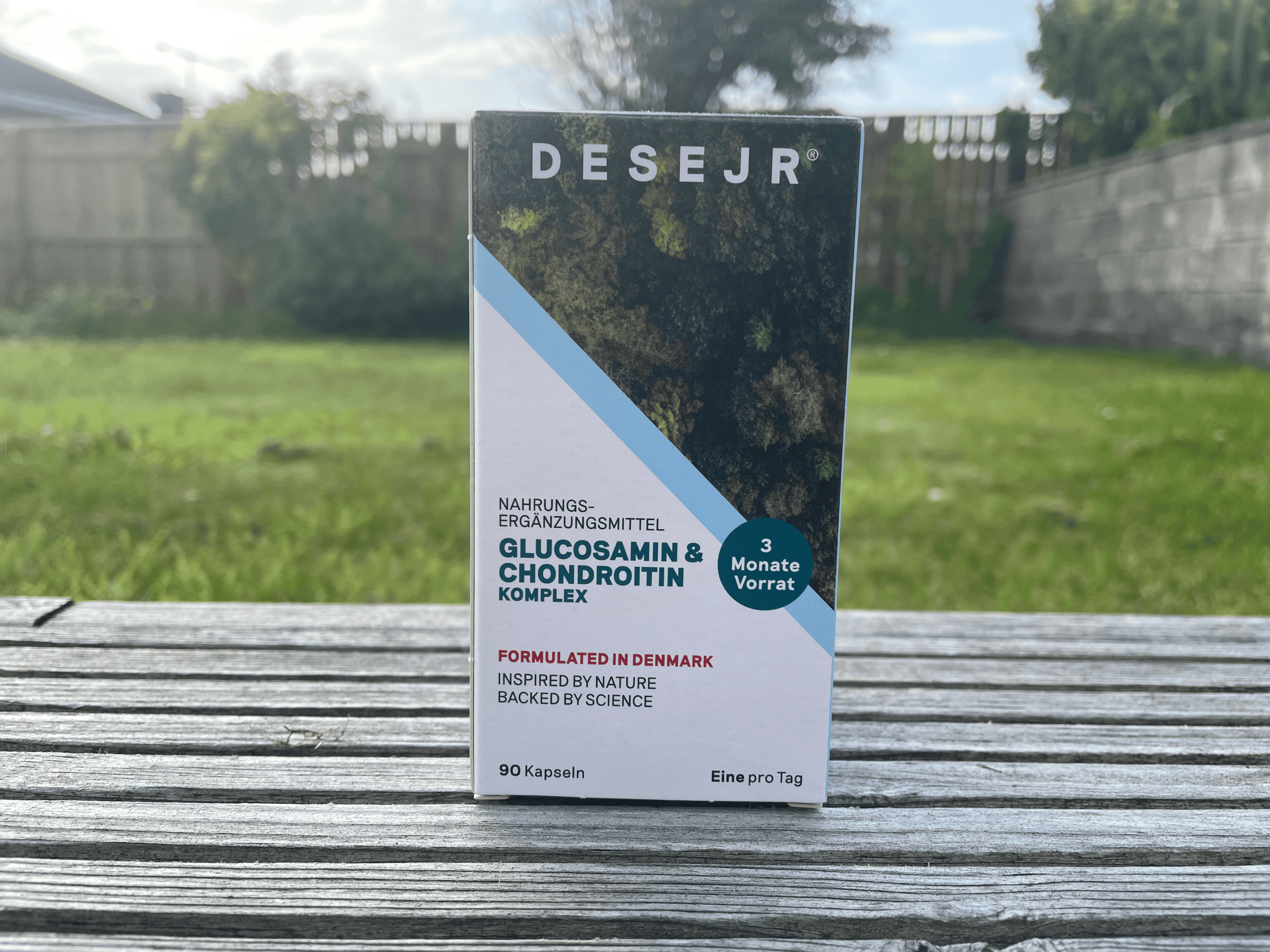The importance of sleep as a runner
Getting the recommended amount of sleep will reduce your risk of injury and make you a faster and stronger runner.
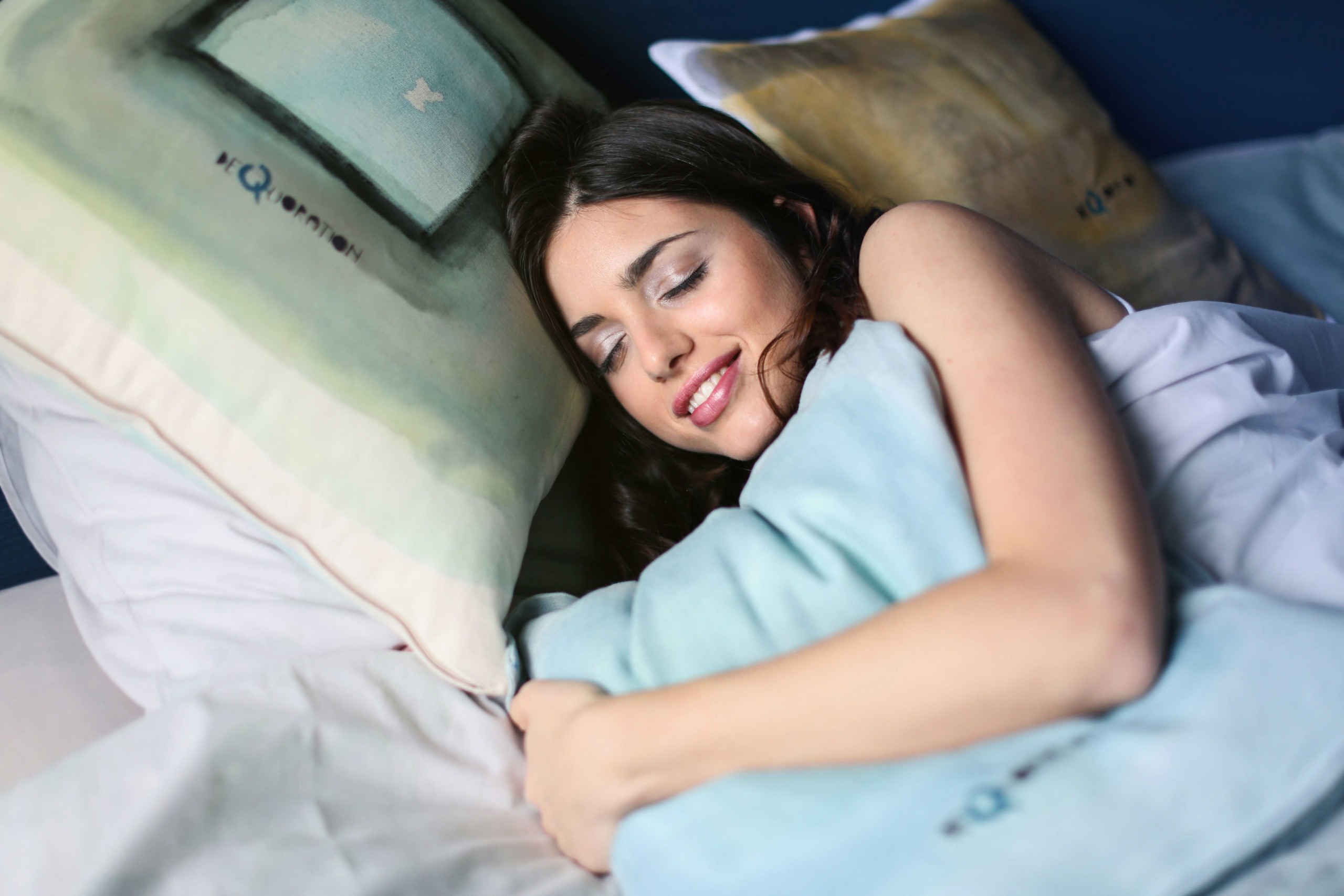
As an athlete/runner, sleep is invaluable. Sleep allows us to recover, repair, and prepare for our next run or workout. While sleep varies from person to person, we can provide general guidelines for you to follow. In this article, we will discuss the importance of sleep, how much sleep we should be getting, and how to improve your quality of sleep.
Why is sleep important for running?
For runners, sleep is critical to improving running performance. When we run or workout, our muscle cells breakdown. Sleep is essential for repairing and rebuilding these muscle cells. This allows us to become a stronger and faster runner.
However, if we don’t get enough sleep, what are the consequences? Insufficient sleep results in our muscle cells taking longer to recover as well as weakening our immune system. This increases our risk of injury and the likelihood of picking up a virus or disease.
Secondly, if not getting enough sleep, you won’t be able to hit your regular running sessions or workouts with the same intensity. This is because our muscle cells are already damaged and not prepared to undergo further damage. Doing so will further damage our muscles, increasing our risk of injury.
Related: A 10-step approach to recovering from injury.
So, the real question is, how much sleep do you actually need?
How much sleep do I need?
While the amount of sleep required differs from age group and activity level, a study back in 2015 recommends anywhere between 8 and 10 hours for the average adult. Sleeping a minimum of 8 hours allows adequate time for our muscles to repair and recover, preparing us for our next run or workout.
However, did you know that runner’s actually need to add 1 minute of sleep for every mile they run per week? For example, if running 30 miles per week, you may benefit from sleeping an extra 30-minutes per night, totalling 8 hours, and 30-minutes.
Should I run if sleep-deprived?

Whether you’ve pulled an all-nighter, jet-lagged, or just couldn’t sleep, the million-dollar question is if whether or not you should lace up and head for a run.
If you’ve successfully pulled on all-nighter first off, congrats, second, go to bed! Running on zero sleep will increase your risk of injury, delay your muscle cells from recovering, and increase your chance of catching a virus or disease.
If you didn’t stay up all night and at least got a few hours of sleep, you may still be able to run or hit your workout. We recommend exercising for no longer than 30-minutes if sleep-deprived, and certainly no high-intensity or long runs. Running high-intensity intervals, long-runs, or a heavy weights session will further damage your muscle cells, slowing down your recovery and increasing your risk of injury.
Listen to your body
Often our bodies know when it’s best to exercise and when it’s best to skip it. If feeling weak or unusually tired, this could be a sign of sleep deprivation and overtraining. On these occasions, it may be worth skipping your run and hitting the hay.
Be sure to analyse your sleeping habits to ensure you’re getting the recommended amount of sleep. Remember to add 1 minute of sleep per night for every mile you run per week.
[click_to_tweet tweet=”Did you know if you’re a runner you should be adding 1-minute of sleep each night for every mile you run during the week? e.g. 30-miles per week = 30 extra minutes in bed each day!” quote=”Did you know if you’re a runner you should be adding 1-minute of sleep each night for every mile you run during the week? e.g. 30-miles per week = 30 extra minutes in bed each day!” theme=”style3″]How to become a champion sleeper
To become a champion sleeper and sleep the recommended 8-10 hours per night, we have provided five tips below:
- No caffeine after 12 pm
- Cut out the naps
- Reduce blue light exposure
- Set a schedule
- Find the right temperature
1. No caffeine after 12 pm
While caffeine is great for waking up in the morning and remaining productive, drinking too much after 12 pm may interfere with your sleep. You may find it more difficult to fall asleep while also waking up more during the night. This will reduce our quality of sleep while preventing us from reaching a truly deep sleep – essential for feeling refreshed and ready to go in the morning.
Tip: Slowly reduce your caffeine intake over several weeks. This will prevent a sudden drop of energy during your day.
2. Cut out the naps
Napping during the day or late at night can often make it more difficult to fall asleep come bedtime. Removing your naps during the day and going to bed earlier is an easy way to get to sleep faster while improving your overall quality of sleep.
If you can’t live without a nap, The national sleep foundation recommended shortening your nap to a maximum of twenty-minutes. This shouldn’t interfere with your regular sleep schedule and instead should leave us feeling refreshed and certainly not groggy. This is because, after a twenty-minute nap, we are not waking from a much deeper sleep which a thirty or forty-minute nap may entail.
3. Reduce blue light exposure

Healthline suggests reducing blue light exposure in the hours before you go to sleep. Blue light interferes with our circadian rhythm, tricking our brain into thinking it’s day time. This reduces hormone levels in our body, such as melatonin which help us relax and sleep.
To reduce blue light exposure, you should try:
- Shutting off all screens at least two hours before bed
- Turning on night mode on smartphone devices
- Wearing glasses which block blue light
4. Set a schedule
One of the more common causes of poor sleep is not being consistent with your waking and sleep times. Our body’s circadian rhythm works on a loop, responding well to a regular schedule. Irregular sleep schedules often leave people feeling groggy, tired, and also struggle more often actually to fall asleep.
Set a reasonable and regular time to wake up and go to sleep every day. Be sure to allow yourself a minimum of 8-10 hours of sleep per night, especially when running a long run, tempo run or hard interval session.
5. Find the right temperature

We’ve all had trouble sleeping, especially during the hot summer months. Finding and maintaining the right temperature (not too hot and not too cold) is essential to falling asleep quickly while achieving deep sleep. The recommended temperature for most people is roughly 65 degrees Fahrenheit or 20 degrees Celsius. Feel free to play around with these and see what works best for you.
Tip: If you don’t have a thermostat try opening the window during the day to keep the room cool, especially during summer.
To conclude
Sleep is vital for recovery as runners. Without hitting the recommended 8-10 hours per night, we increase our risk of injury and weaken our immune system temporarily. If a little sleep deprived, it really isn’t the end of the world. You can still run or workout, just make it an easy 30-minutes session and save the hard stuff for another day. However, most importantly listen to your body.
Are naps good for runners?
Previous studies have consistently shown naps post-run to reduce fatigue and improve cognitive performance. However, make sure you don't sleep too long or you won't be able to get to sleep at night!
Does lack of sleep affect running?
Yes. A lack of sleep may result in your regular running effort to feel much more difficult. However, as well as this inadequate rest may result in overtraining and injury.
Why do I feel sleepy after a long run?
This is because you have depleted your energy stores (especially during a long-run). You can combat this by taking gels if running longer than 60-minutes as well as eating plenty of carbs and protein within the first 30-minutes of finishing your run.
Should I run if I'm sleep deprived?
If you've had little to no sleep, you are at a higher risk of catching a virus or a disease. Likewise, you increase your risk of injury especially if you haven't recovered properly from your last run or workout. However, if you got a few hours of sleep we recommend a run no longer than 30-minutes.

Matthew is a lifelong runner, chief tester of all products, the founder of Running101, and freelance content writer for active brands. When he’s not writing, he enjoys lifting weights, cycling in the Lake District, and watching fast cars drive in circles on a Sunday. He also has a BA in sport, exercise and physical activity from the University of Durham.

